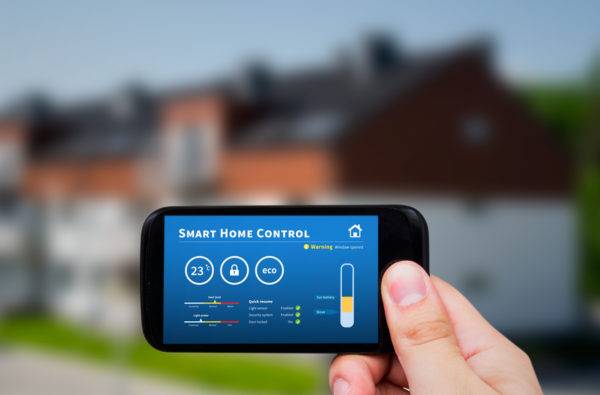Sales of smart home technology is flat in the U.K. as British consumers consider connected home gadgetry pricey and unimpressive.
The Telegraph recently reported on findings from Deliotte’s annual Mobile Consumer Survey. That report returned figures that bode ill for Internet of Things (IoT) technology geared to smart homes.
The British consumer’s smart home reticence runs completely opposite to the American market. A recent report found that as many as 30 million households, or a quarter of all U.S. homes, are considering adopting home-focused IoT over the next 12 months.
But in the U.K., Deloitte found that despite more strenuous efforts by IoT makers and sellers, the needle has barely moved in regards to consumer adoption.
Only 3% of British households have installed smart thermostats, up slightly from 2% last year. And installations of smartphone-controlled lighting systems remains unchanged at 2% of homes.
Deloitte’s research, due to be released next month, concluded that the lacklustre sales of smart home technology is due to British homeowners finding that the connected devices are overly expensive. As well, the public felt the technology does not presently perform enough functions to justify their purchase.
“Some of them aren’t resonating well because they offer too little,” said Deloitte research lead Paul Lee. “The ability to micromanage the temperature in your house doesn’t appeal to the mainstream, and the savings aren’t significant enough to upgrade.”
More thermostats should still be installed
There was some positive news in the report with regards to future intentions towards IoT. 7% of British households said they planned to install smart thermostats in the coming year, which would represent a 4% increase from current levels.
As well, 6% said they were planning to buy connected security cameras, up from 3% of homes with these currently installed.
However, this may just be wishful thinking, or shopping. Last year’s survey found 6% of homes said they intended to buy smart thermostats, and 5% claimed they would be shopping for IoT security cameras.
Lee said that adoption will likely remain low in the U.K. until the price for smart home technology drops considerably. As well, he expects to see greater adoption levels when manufacturers start including IoT technology as standard in their appliances instead of as an upgrade option.
“If the price goes down then they become the default in the same way that connected TV is now the default,” he said. “If that happens then smart home devices will become popular along with the replacement cycle.”

















